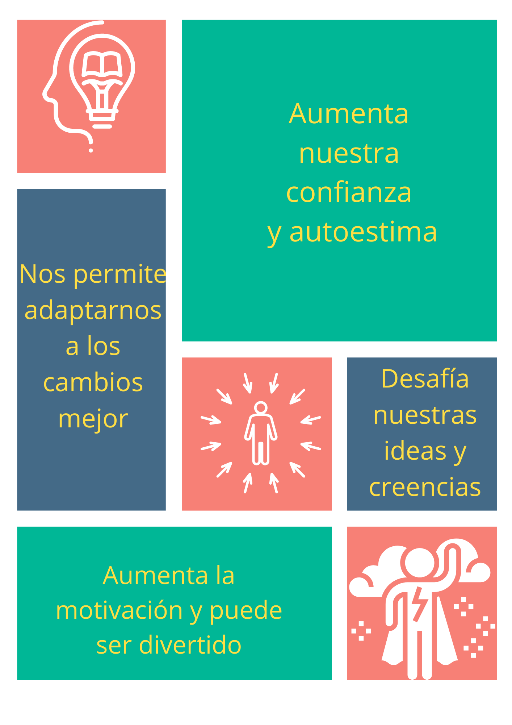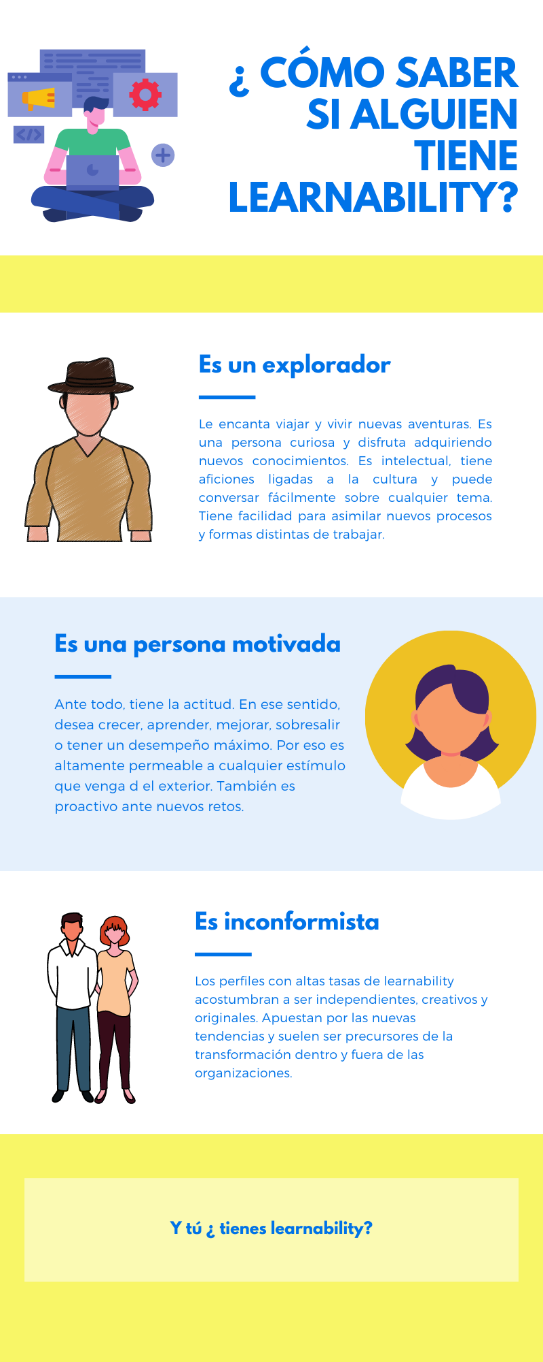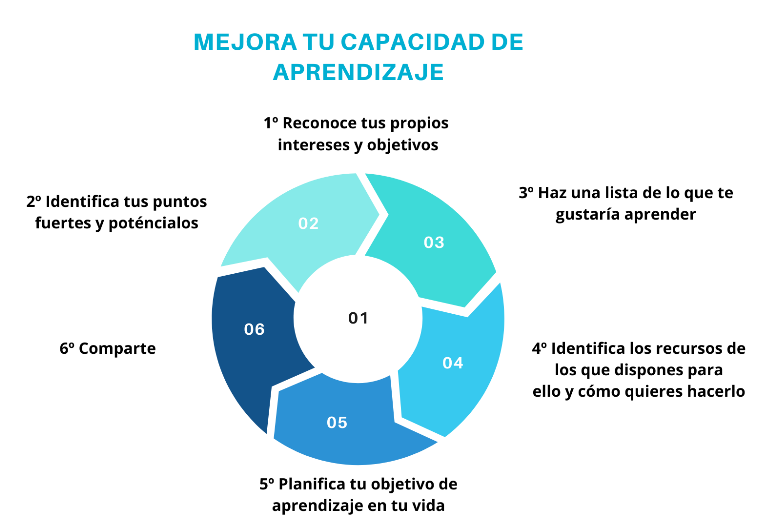According to the Manpower index in Spain, 2.6 million new jobs would be created by 2026, setting the employment level above the all-time high recorded in 2007.
Artificial intelligence is expected to increase global GDP by 14% by 2030 with its effects on productivity and consumption.
We live in an age of automation and artificial intelligence. The challenge is for us humans to know how to adapt quickly enough to this change and to emerging professions. This will allow us to prevent massive unemployment, talent shortages, and growing inequality.
Against this backdrop, the labor market is not able to keep up with the pace of the digital revolution. On top of that is the entire situation brought on by the pandemic. As a result, the coming years will bring a professional deficit, a need to fill certain positions that require professionals with specialized technological capabilities. In fact, this is already happening.
According to the ManpowerGroup index, 26% of current openings aren’t being filled here in Spain. Meanwhile, our unemployment rate hovers around 14% - more than three million unemployed.
The pandemic has led to the emergence of new ways of working. These new modes have, in turn, entailed more flexible work models that allow for greater work-life balance. However, the situation has also led to teams being asked for more: more initiative, proactivity, ingenuity, collaboration. This won’t be a flash in the pan.
In this context, our capacity for continued learning is critical. What we learn at school or in college is made obsolete only a few years later.
The question is how can we ensure that we have the knowledge and skills necessary to be successful throughout our entire professional career.
The answer lies in lifelong learning, possessing a growth mindset, and learnability.


